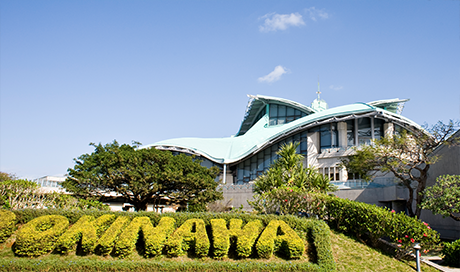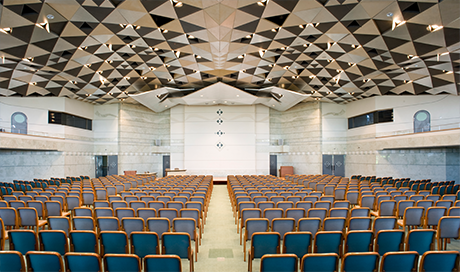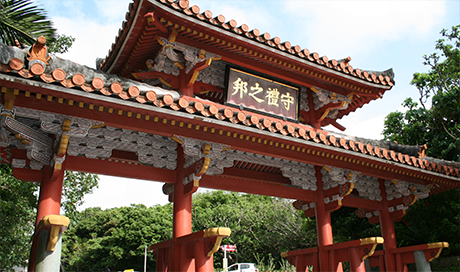所属組織の学問領域が高位役職者の任期に与える影響
藩校と老中に関する実証研究
1) 日本大学
| Abstract | 本研究は、江戸時代の藩校の学問領域が老中の任期に与える影響を実証する。藩士の子弟教育のための高等教育機関である藩校が持つ複数の学問領域をもとに、1736~1835年の100年間に渡る10年ごとのパネルデータからネットワーク分析を行った。さらに、同時期の老中の4期の在職データとネットワーク分析結果から負の二項分布モデルによる分析を行った。その結果、老中の所属藩の藩校がネットワーク上のハブとして中核的であることや、情報中心性が高いほど、彼らの在職期間が長期化したことが明らかとなった。これは藩校の学問的ネットワークが藩の情報収集力を高めて老中の長期在職を支えることを通じて、江戸社会へ与える影響の大きさを示唆している。 |
|---|---|
| This study demonstrates the influence of academic disciplines in a “hanko" on the tenure of “rojus" who were councilors of the Edo shogunate. A hanko was a higher education facility for children of vassals in a feudal domain. This study employs negative binominal distribution analysis using 10 sets of panel data on hanko academic disciplines for a century from 1736 to 1835, in combination with 4 set of contemporary rojus's panel data.The results reveal that when the hanko in a roju's territory functioned as a hub and had high information centralities in the network, the roju's tenure was extended. The findings also indicate that the network established through the hanko's academic disciplines exerted a powerful influence on Edo society through information sharing in a feudal domain. | |
| Keywords | 情報中心性,ネットワーク分析,アカデミックネットワーク |
| information centrality,network analysis,academic network |









